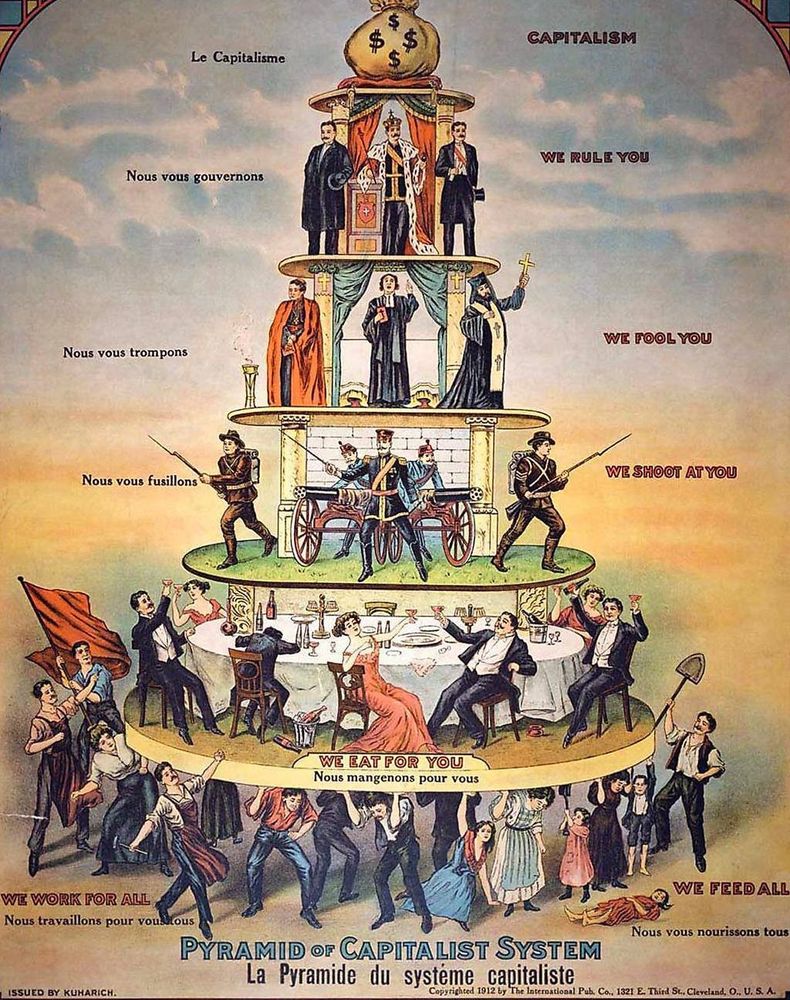The difference between what you work out using the Zettelkasten and the memory palace technique is that the memory palace is a pure memory technique. It uses meaningless connections [emphasis added] and the way the brain works to gain access to information. For example, if I mentally write the date Rome was founded with the mnemonic “BC 753 Rome came to be” as a number on an egg in the kitchen fridge, the only reason for this link between the egg in the kitchen fridge of my memory palace and the year Rome was founded is that I can remember this number.
Certainly not an attack against him, but I feel as if Sascha is making an analogistic reference to areas of mnemonics he's heard about, but hasn't actively practiced. As a result, some may come away with a misunderstanding of these practices. Even worse, they may be dissuaded from combining a more specific set of mnemonic practices with their zettelkasten practice which can provide them with even stronger memories of the ideas hiding within their zettelkasten.
There is a mistaken conflation of two different mnemonic techniques being described here. The memory palace portion associates information with well known locations which leverages our brains' ability to more easily remember places and things in them with relation to each other. There is nothing of meaningless connections here. The method works precisely because meaning is created and attributed to the association. It becomes a thing in a specific well known place to the user which provides the necessary association for our memory.
The second mnemonic technique at play is the separate, unmentioned, and misconstrued Major System (or possibly the related Person-Action-Object method) which associates the number with a visualizable object. While there is a seeming meaningless connection here, the underlying connection is all about meaning by design. The number is "translated" from something harder to remember into an object which is far easier to remember. This initial translation is more direct than one from a word in one language to another because it can be logically generated every time and thus gives a specific meaning to an otherwise more-difficult-to-remember number. As part of the practice this object is then given additional attributes (size, smell, taste, touch, etc., or ridiculous proportion or attributes like extreme violence or relationships to sex) which serve to make it even more memorable. Sascha seems break this more standard mnemonic practice by simply writing his number on the egg in the refrigerator rather than associate 753 with a more memorable object like a "golem" which might be incubating inside of my precious egg. As a result, the egg and 753 association IS meaningless to him, and I would posit will be incredibly more difficult for him to remember tomorrow much less next month. If we make the translation of 753 more visible in Sascha's process, we're more likely to see the meaning and the benefit of the mnemonic. (I can only guess that Sascha doesn't practice these techniques, so won't fault him for missing some steps, particularly given the ways in which the memory palace is viewed in the zeitgeist.)
To say that the number and the golem (here, the object which 753 was translated to—the Major System mnemonic portion) have no association is akin to saying that "zettlekasten" has no associated meaning to the words "slip box." In both translations the words/numbers are exactly the same thing. The second mnemonic is associating the golem to the egg in the refrigerator (the memory palace portion). I suspect that if you've been following along and imagining Andy Serkis gestating inside of an egg to become Golem who will go on to fight in the Roman Coliseum in your refrigerator, you're going to see Golem every time you reach for an egg in your refrigerator. Now if you've spent the ten minutes to learn the Major System to do the reverse translation, you'll think about the founding date of Rome every time you go to make an omelette. And if you haven't, then you'll just imagine the most pitiful gladiator loosing in the arena against a vicious tiger.
Naturally one can associate all their thoughts in their ZK to both the associated numbers and their home, work, or neighborhood environments so that they can mentally take their (analog or digital) zettlekasten with them anywhere they go. This is akin to what Thomas Aquinus and Raymond Llull were doing with their "knowledge management systems", though theirs may have had slightly simpler forms. Llull actually created a system which allowed him to more easily meditate on his stored memories and juxtapose them to create new ideas.
For the beginners in these areas who'd like to know more, I recommend the following as a good starting place: <br />
Kelly, Lynne. Memory Craft: Improve Your Memory Using the Most Powerful Methods from around the World. Pegasus Books, 2019.


